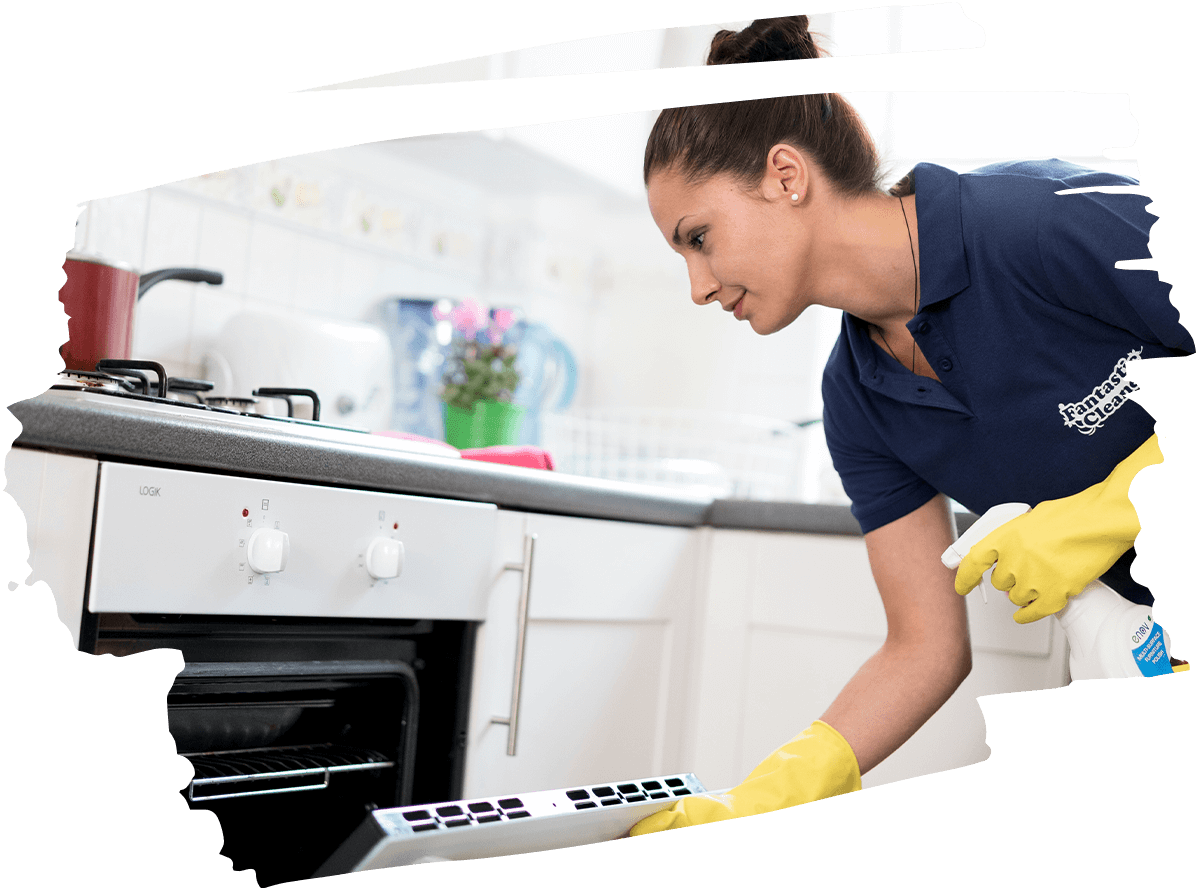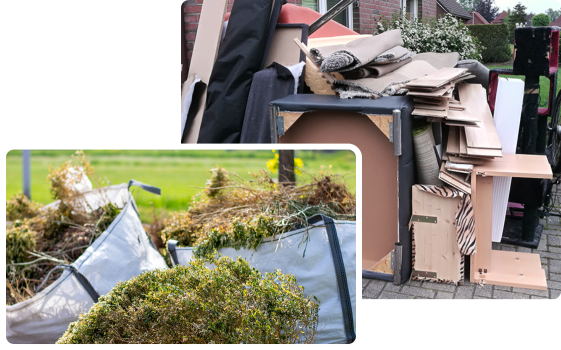London is a huge city, having millions of citizens (around eight million). It’s one of the most visited cities in Europe and a lot of students. Imagine how much trash these people produce daily. The quantities are enormous. If this rubbish wasn’t managed in the proper way, the environment would be incredibly polluted, and the lives of people would be endangered.
But the problem is not only with the big numbers of people. It’s also because of huge consumption. The lifestyle in the city has changed everything. People prefer to buy wrapped foods that will last longer, like buying junk foods, which have plastic wrappers and etc. Which means that the amounts of waste are increasing dramatically. That causes a problem for the authorities. It’s too expensive to collect the junk every day. So, the periods for picking up trash are bigger than before, which means you will have more garbage to deal with.
Understanding the Waste Management System in London
Understanding the waste management system in London is crucial to address the city’s growing waste problem effectively. According to research conducted by WRAP (Waste and Resources Action Programme), London generates about 7 million tonnes of waste each year, with household waste accounting for a significant part of it. To tackle this issue, the city has implemented a comprehensive waste management system that focuses on reducing, reusing, and recycling waste. For instance, London has set up numerous recycling centres across the city where residents can dispose of their recyclable materials, such as paper, glass, plastic bottles, and cans. Additionally, local authorities have introduced separate bins for different types of waste collection to encourage proper sorting at the source itself. This approach not only reduces landfill space but also conserves valuable resources by diverting them from disposal sites.
London’s waste management system emphasises public awareness and education campaigns to change people’s behaviour towards waste disposal. The Recycle for London initiative launched by the Greater London Authority aims to educate citizens about recycling practises through various mediums like advertisements and social media platforms. Such initiatives have proven effective in increasing recycling rates among residents.
Additionally, innovative technologies are being employed as part of the city’s overall strategy for managing its waste efficiently. One example is anaerobic digestion plants that convert organic wastes into biogas, which can be used as an energy source or converted into biofertilsers for agricultural use. By adopting these advanced techniques alongside traditional methods like incineration, with energy recovery or landfilling as last resort options when all other avenues are exhausted, ensures a more sustainable approach towards dealing with municipal solid wastes.
Knowing how the London Waste Management System works can help us understand how it tries to reduce environmental damage from waste and promote resource conservation through recycling initiatives and technological advancements. With continued investment in infrastructure development and ongoing public engagement programmes aimed at raising awareness about responsible consumption habits amongst citizens, it is hoped that this comprehensive approach will lead to a greener and more sustainable future for the city.
Different Ways of Disposing Your Rubbish
And what can you do about it? What ways are there for disposing of rubbish properly? There are a few simple solutions that can have a big effect.
Reduce the Garbage You are Bringing to Your Home
It sounds pretty simple, but reducing clutter could be a little harder than you think. You might have to change your way of living a little. For instance – you should start watching out for the kind of package you are buying. Avoid buying food that comes in containers made of materials that can’t be recycled. This might be a little tricky because not every manufacturer uses such materials. The other thing is, get bulk packages. Instead of buying a smaller bottle of water, get a big one. It will last for longer, and there will be only one item for recycling. Oh, and you can drink tap water – this means no bottles at all.
Stop buying ready meals. It takes just an hour to prepare a tasty, healthy meal for you and your family. It’s a lot cheaper, and you won’t have so many plastic boxes to throw in the end. You can see how such a simple solution has three benefits for you.

Decrease the Amounts of Junk You Are Throwing Out
Now that sounds weird. If you figure out what it means, you will understand there is much logic to it. The general method is recycling. We’ve all heard about it, and most of us are even doing it. Just recycle everything that is possible. Reuse old things – give them new meaning and purpose.
Another good method is to buy more durable products. The saying “I’m not rich enough to buy cheap things” rings very true. Instead of buying cheap appliances, clothes, etc., get something that will last for many years – less rubbish to remove. And if they get broken, don’t throw them away – you can try and fix them. If you so desperately want to get rid of your old tv, don’t just put it next to the big one. You can sell it or donate it.
More Waste Disposal Options
You don’t have to wait for a truck to come every other day. You can call professional removalists who come when you need them. There are many rubbish removal London-based companies in the city that can help you with your troubles.
Conclusion
In conclusion, properly disposing of rubbish in London is not only essential for maintaining a clean and healthy environment but also for preserving the beauty and charm of this vibrant city. We’ve explored various ways to ensure responsible waste management, including recycling, composting, and utilising waste removal services. By implementing these practises into our daily lives, we can contribute to a sustainable future while creating a positive impact on our local communities. Let us all take responsibility for our actions and commit to making London an even better place to live by disposing of our rubbish properly. Remember, every small effort counts towards building a greener and cleaner world for generations to come!


